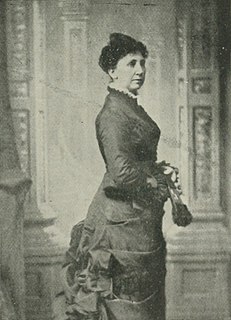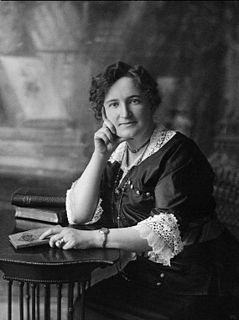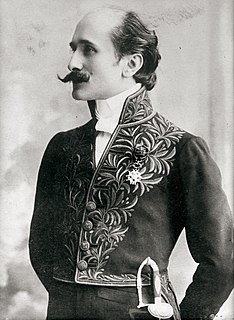A Quote by Ralph Waldo Emerson
Nature never wears a mean appearance. Neither does the wisest man extort her secret, and lose his curiosity by finding out all her perfection.
Related Quotes
The stars awaken a certain reverence, because though always present, they are inaccessible; but all natural objects make a kindred impression, when the mind is open to their influence. Nature never wears a mean appearance. Neither does the wisest man extort her secret, and lose his curiosity by finding out all her perfection. Nature never became a toy to a wise spirit. The flowers, the animals, the mountains, reflected the wisdom of his best hour, as much as they had delighted the simplicity of his childhood.
At the same time that she [nature] solicits him [man] to follow her not only into her open walks, but likewise to explore her secret recesses, she - fails not to reward him with the purest gratifications of the mind, because at every step he takes, new instances of beauty, variety, and perfection are unfolded to his view.
Nature! We live in her midst and know her not. She is incessantly speaking to us, but betrays not her secret. We constantly act upon her, and yet have no power over her. Variant: NATURE! We are surrounded and embraced by her: powerless to separate ourselves from her, and powerless to penetrate beyond her.
There are few things sweeter in this world than the guileless, hotheaded, intemperate, open admiration of a junior. Even a woman in her blindest devotion does not fall into the gait of the man she adores, tilt her bonnet to the angle at which he wears his hat, or interlard her speech with his pet oaths.
Nature does nothing in vain, and in the use of means to her goals she is not prodigal. Her giving to man reason and the freedom of the will which depends upon it is clear indication of her purpose. Man accordingly was not to be guided by instinct, not nurtured and instructed with ready-made knowledge; rather, he should bring forth everything out of his own resources.
Today the manliest man would be ashamed to look into the eyes of the woman by his side and tell her that he is the master because he could knock her down with perfect ease, and break her bones with much greater facility than she could his. And yet, out of man's brute nature, out of that most ignoble in himself, has come his loudest assumption of superiority, his longest and lowest tyranny.
War proves nothing. To kill a man does not prove that he was in the wrong. Bloodletting cannot change men's spirits, neither can the evil of men's thoughts be driven out by blows. If I go to my neighbor's house, and break her furniture, and smash her pictures, and bind her children captive, it does not prove that I am fitter to live than she - yet according to ethics of nations it does. I have conquered her and she must pay me for my trouble; and her house and all that is left in it belongs to my heirs and successors, forever. That is war!
To no man does the earth mean so much as to the soldier. When he presses himself down upon her long and powerfully, when he buries his face and his limbs deep in her from the fear of death by shell-fire, then she is his only friend, his brother, his mother; he stifles his terror and his cries in her silence and her security; she shelters him and releases him for ten seconds to live, to run, ten seconds of life; receives him again and again and often forever.
She is a mortal danger without meaning to be one; she's exquisite without giving ita thought; shes a trap set by nature, a rose in which love lies in ambush! Anyone who has seen her smile has known perfection. She creates grace without movement and makes all divinity fit into her slightest gesture. And neither Venus in her shell, nor Diana striding in the great, blossoming forest, can compare to her when she goes through the streets of paris in her sedan chair.
I had an indefatigable curiosity about everything. But why should my fate have depended upon that? Why does the curiosity of a child born into the lowest classes have to overcome everything put in his or her way to mute that curiosity, when a child born to parents with access to the advantages of life will have his meager curiosity kindled and nurtured? The unfairness is horrifying when it is properly understood as an unfairness meted out on children, on infants, on babies.







































